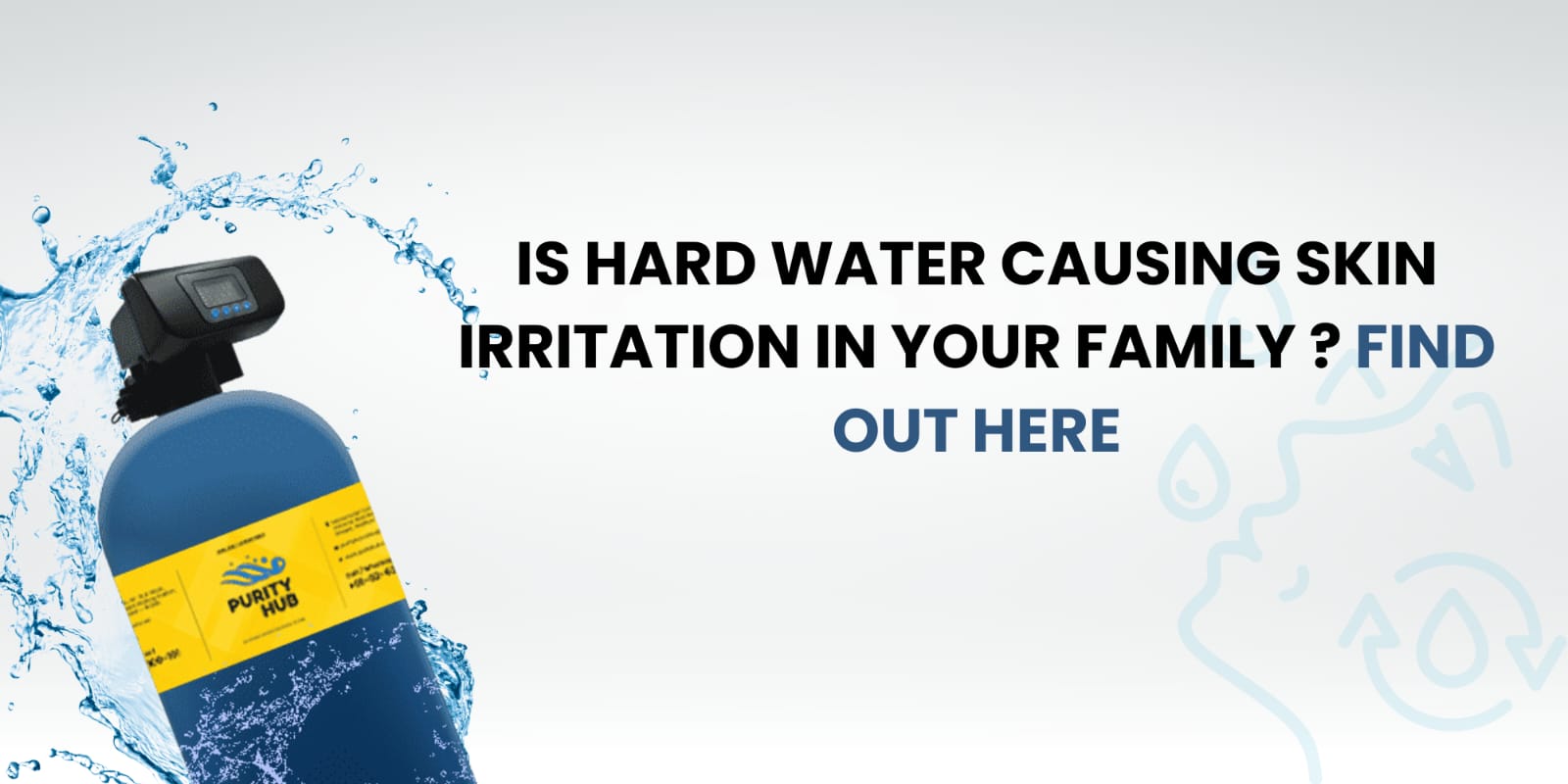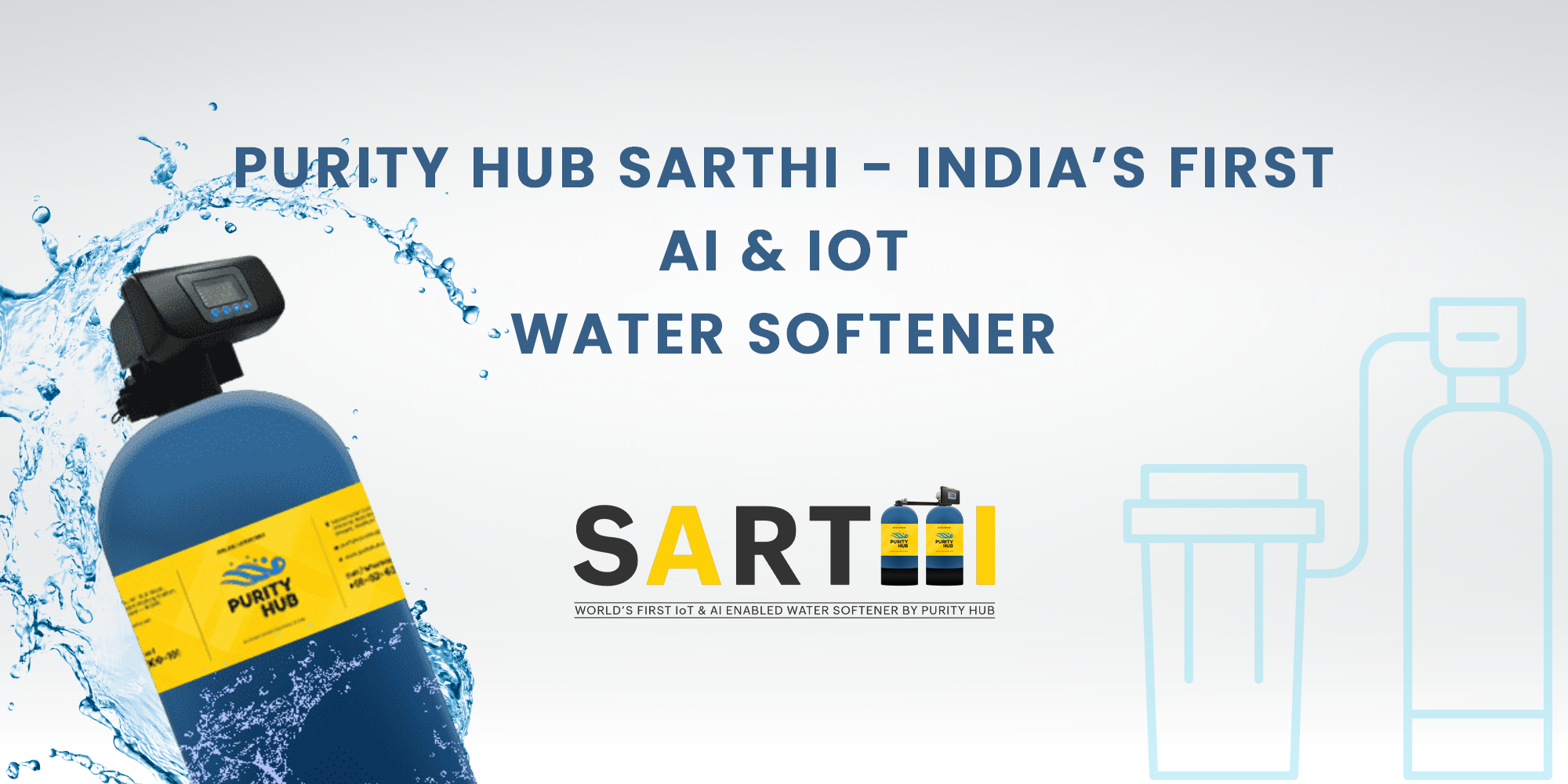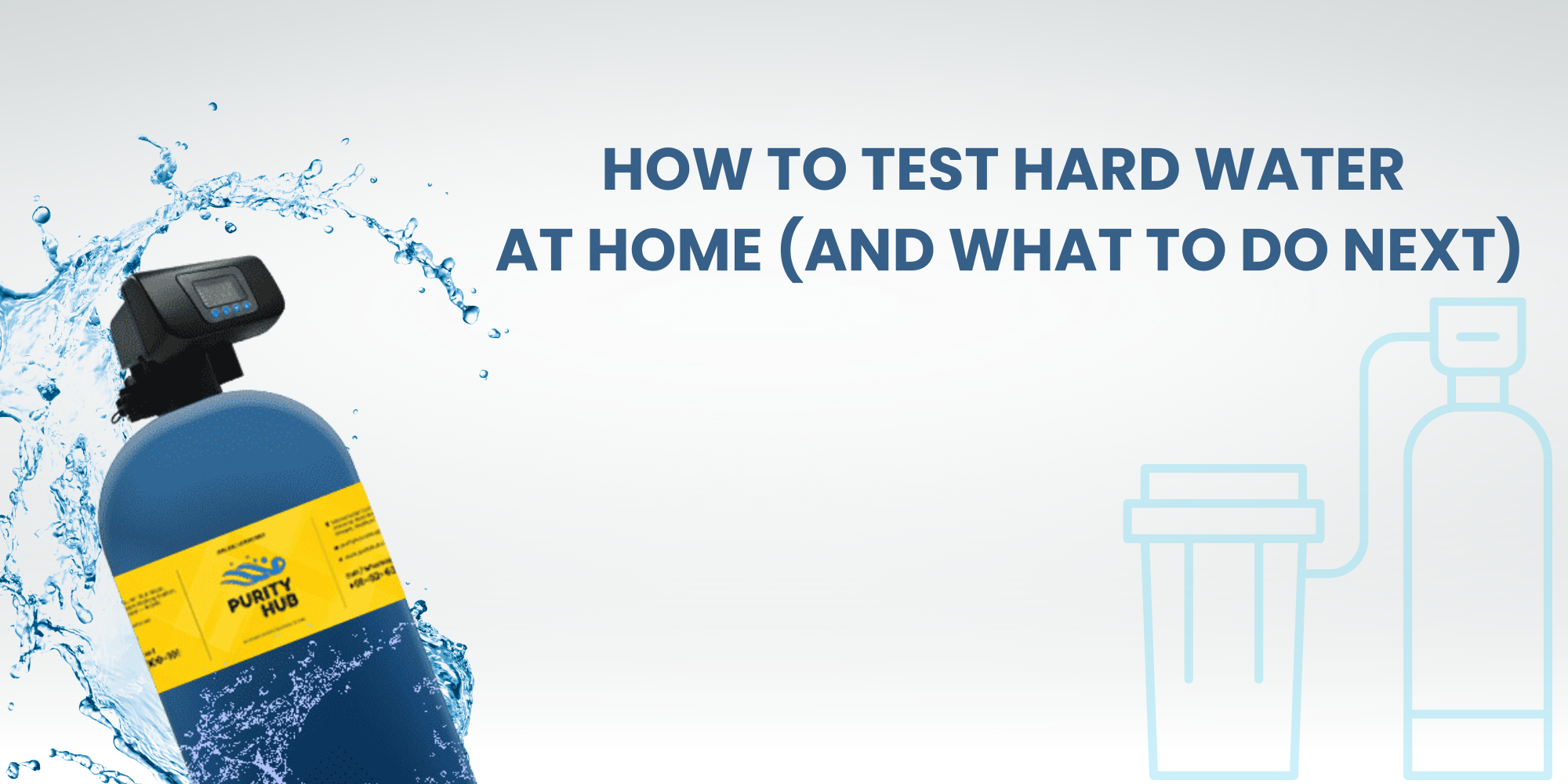
If you’ve noticed that family members are dealing with dry, itchy, or irritated skin, the culprit might be closer than you think: hard water. Hard water is a common issue in many homes, and its effects go beyond simply leaving spots on dishes or fading clothes. The high levels of minerals like calcium and magnesium in hard water can have a significant impact on skin health, causing dryness, irritation, and even exacerbating skin conditions. In this article, we’ll explore how hard water affects skin and how a water softener can help protect your family’s skin health.
What Is Hard Water?
Hard water contains a high concentration of dissolved minerals, primarily calcium and magnesium. These minerals are picked up by water as it travels through soil and rock, especially in areas where limestone is prevalent. While hard water isn’t typically harmful for consumption, its effects on skin and hair can be uncomfortable and bothersome, particularly for individuals with sensitive skin or conditions like eczema.
How Does Hard Water Affect Skin?
When it comes to skin health, the minerals in hard water can disrupt the skin’s natural balance in several ways:
Dryness and Irritation: Hard water doesn’t rinse off soap as effectively as soft water, leaving a film on the skin. This residue can clog pores, leading to dryness, itchiness, and irritation. Over time, this can strip the skin of its natural oils, making it difficult for the skin to retain moisture.
Exacerbating Skin Conditions: For those with conditions like eczema or psoriasis, hard water can make symptoms worse. The film left by hard water can trigger flare-ups and intensify the itching and redness associated with these conditions.
Disrupting the Skin’s pH Balance: Our skin has a slightly acidic pH, which helps to protect it from bacteria and environmental damage. Hard water, on the other hand, is more alkaline. This can interfere with the skin’s pH balance, weakening its natural barrier and making it more prone to irritation and dryness.
Increasing Sensitivity: Hard water can increase skin sensitivity over time, making it more reactive to soaps, lotions, and other skincare products. This can make it challenging to find products that work without causing additional dryness or irritation.
The Role of Soap Scum in Hard Water Irritations
One of the lesser-known effects of hard water is the soap scum it creates when it interacts with soap. Instead of dissolving cleanly, soap reacts with the minerals in hard water to form an insoluble residue that doesn’t rinse off easily. This scum can stick to the skin, causing a feeling of residue or tightness. For children or individuals with sensitive skin, this residue can be especially irritating, leading to discomfort or redness after bathing.
How a Water Softener Can Help
A water softener can be a game-changer for families dealing with the effects of hard water. Water softeners work by removing the excess calcium and magnesium ions from water, effectively converting hard water into soft water. Here’s how this can help improve skin health for you and your family:
Reduced Skin Irritation: Soft water rinses off soap completely, leaving no residue behind. This means your skin can stay cleaner and less irritated, reducing the dryness and itchiness associated with hard water.
Enhanced Moisture Retention: With the minerals removed, soft water allows the skin’s natural oils to remain intact, helping it stay hydrated and supple.
Improved pH Balance: By removing the alkaline minerals, soft water maintains a closer pH level to that of the skin. This balance helps protect the skin’s natural barrier, making it less vulnerable to irritation and environmental pollutants.
Better Absorption of Skincare Products: Without the mineral residue left by hard water, skincare products like moisturizers and cleansers can be more effective. This allows the skin to absorb moisture more easily, helping to prevent dryness and maintain softness.
Signs That Hard Water May Be Affecting Your Family’s Skin
Not sure if hard water is causing skin issues in your household? Here are some common signs:
Persistent Dryness: If family members experience dry or tight skin after every shower, it could be due to hard water.
Frequent Skin Irritation: Redness, itchiness, or rashes that appear after bathing or handwashing can be a sign that hard water is affecting skin health.
Flare-Ups in Skin Conditions: Those with eczema, psoriasis, or other skin conditions might notice that their symptoms worsen after exposure to hard water.
Dull or Rough Skin Texture: Hard water can cause the skin to feel rough or look dull due to the buildup of mineral deposits on the skin’s surface.
Choosing the Right Water Softener for Your Home
If you’ve decided that a water softener is the right solution for protecting your family’s skin, there are a few factors to consider:
Water Hardness Level: Conduct a water test to determine the hardness level of your water supply. This will help you select a water softener with the right capacity for your needs.
Regeneration Method: Water softeners come with different regeneration options, including manual, automatic, and demand-initiated. Demand-initiated systems regenerate only when necessary, saving water and salt.
Maintenance Requirements: Some water softeners require more maintenance than others, so choose one that fits your lifestyle and is easy to manage.
Salt-Based vs. Salt-Free: Salt-based water softeners are highly effective but may require more upkeep, while salt-free alternatives are easier to maintain but may not be as effective for extremely hard water.
The Long-Term Benefits of Soft Water for Skin
Making the switch to soft water can have significant long-term benefits for skin health. Families who use water softeners often report improvements in skin softness, reduced dryness, and fewer issues with irritation and rashes. Children and individuals with sensitive skin can especially benefit from soft water, as it eliminates the harsh effects of mineral deposits on delicate skin.
By using a water softener, you’re not only helping your family avoid skin discomfort but also reducing the need for additional skincare products and treatments that aim to counteract the effects of hard water.
Final Thoughts: Healthier Skin Starts with Soft Water
If hard water is causing skin irritations in your family, installing a water softener can make a world of difference. By reducing mineral buildup, balancing pH levels, and allowing for a cleaner rinse, soft water provides an easy, effective solution to protect your family’s skin health. With a water softener in place, you can enjoy healthier, more comfortable skin and prevent the long-term effects of hard water on your family’s well-being.



